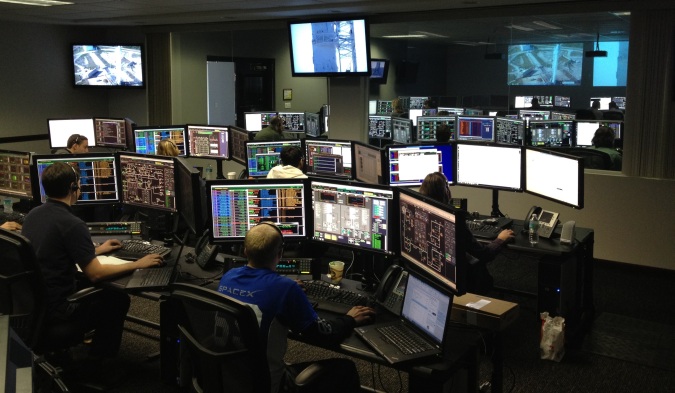
Culture; the customary beliefs, social forms, and material traits of a racial, religious, or social group. The information technology culture is a culture revolving around the joy of working, socializing, and learning about computers and tech. What makes this culture different from many others is that every day we are moving more and more towards a rapidly growing technological society, and this is all thanks to information technology.
A Brief History
The earliest mention of information technology dates back to 1945 when John Von Neumann published a report documenting the discussion of a stored program concept and a blueprint for computer architecture. However, the real event that sparked the consumer interest in information technology culture was the creation of Apple in 1976. Founders Steve Jobs and Steve Wozniak envisioned a not so distant future where people would be able to have individual computers in their very own home, with the power to surf the web and interact with technology like never before. Consumers and creators alike found tremendous interest in learning about the complex things a computer could do as well as ways to improve and evolve the tech industry as a whole. This is where the ball really started rolling in the information technology world. Due to technology being so complex, it takes a specific type of people; a group of people, or culture you may say, to find interest in technology. That’s what sets this culture apart from other cultures and why this culture is unique.
Traditions & Cultural Expressions
When we think of information technology environments or workers we may think of a condensed office of cubicles or people wearing glasses with tape around the middle of the frame. However, IT work has become a more popular field of work, and this societal stereotype has changed. For example, you can look at the headquarters of the tech giant Google, also known as the Googleplex, in Mountain View, California. The Googleplex doesn’t look like any IT headquarters you might imagine. The Googleplex offers pool tables, eateries, massages, and a volleyball net in its central courtyard. Of course, there are those that still abide by the previous stereotype but it’s in decline. As we move further into a future of technology, more and more people will fit into the information technology culture, which will broaden the look and traditions of those in the tech community.

Societal and Structural Aspects of IT Culture
The structure of the information technology structure is similar to other cultures in the business realm. In an information technology business, jobs are often broken down into departments that specialize in specific areas of the IT work in order to work more efficiently. There are various different areas of IT work such as computer tech support, information security, project management, computer systems architecture, just to name a few. It gives you insight into just how broad this culture is and how much information there is on this topic, which is why IT companies break down their workload into several departments. A company will organize departments into branches like security, research, tech support, and coding. You may ask, what is coding? This brings us to my next topic, language.
Language
Information technology workers also use jargon or language that the average person would not understand. For example, when building a computer or server, which is a common IT task, you’d hear words like, architecture or the design of a computer’s hardware, bios or a program built into the computer to access things like temperatures and processor speed, CPU or central processing unit, post or powers on and outputs to a display, etc. There are countless terms in IT work that is used on a daily basis. In a way, it’s their own specific language that helps them understand what others are talking about in the tech industry.
Conclusion
The reason this culture is so interesting to me is because I am a part of it. I’ve been interested in tech since I received my first gaming console and wondered how it worked. Since then, I’ve built two of my own computers and I’m the go-to techie around the house. The information technology culture is evergrowing and has received inspiration from media and other aspects of culture, most notably science fiction and futuristic shows and movies where we imagined worlds of advanced technology and complex machines. Thanks to information technology, this far-fetched future is now present day.